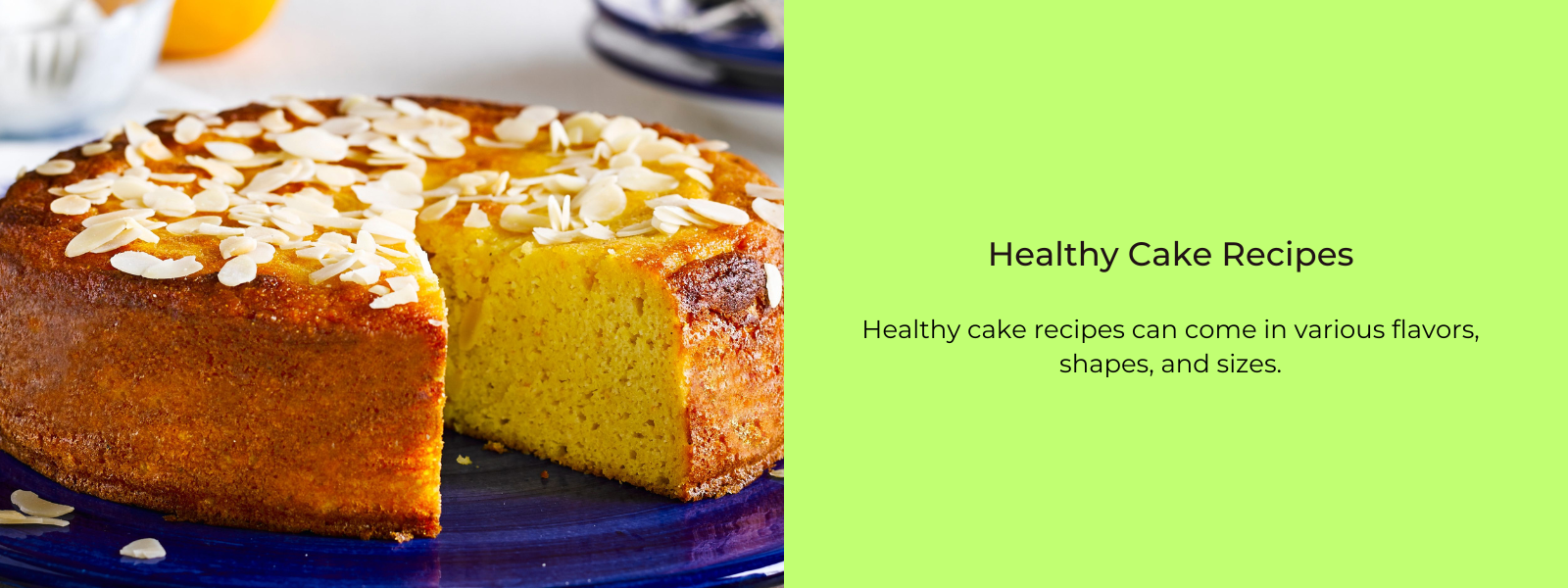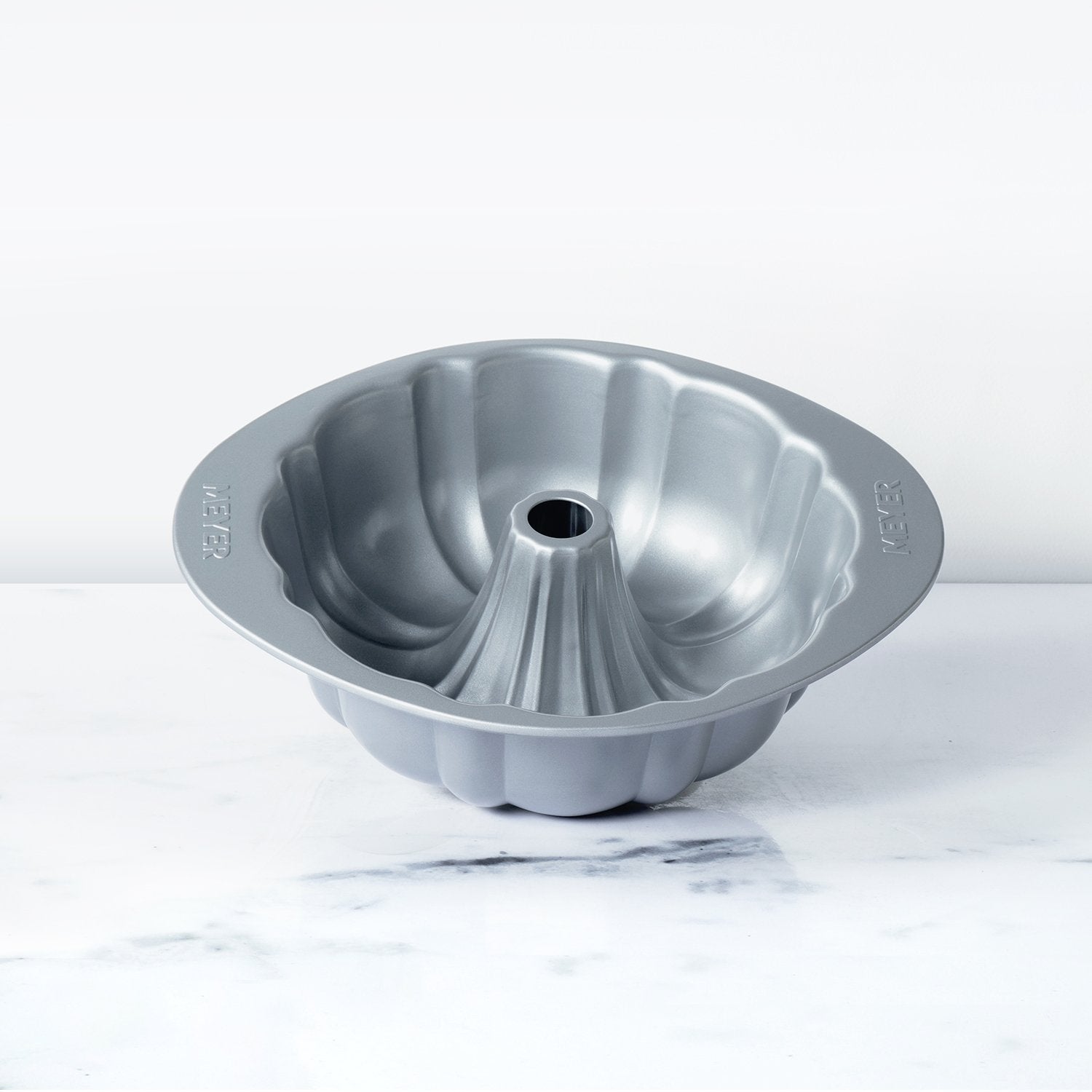Metal bakeware is a cornerstone of every kitchen. Known for its excellent heat conductivity and durability, it’s perfect for creating a variety of baked goods, from cookies and cakes to bread and casseroles. However, to achieve the best results and extend the life of your bakeware, it’s important to understand how to use and care for it properly. Here’s a comprehensive guide to help you master baking with metal bakeware.
Table of Contents
- 1. Understand the Types of Metal Bakeware
- 2. Preheat Your Oven Correctly
- 3. Match the Bakeware to the Recipe
- 4. Grease, Line, or Spray When Necessary
- 5. Avoid Sudden Temperature Changes
- 6. Use the Right Utensils
- 7. Rotate Pans for Even Baking
- 8. Clean Your Bakeware Properly
- 9. Store Bakeware Correctly
- 10. Leverage Metal’s Heat Conductivity
- 11. Avoid Using Metal Pans for Acidic Foods
- 12. Conclusion
Understand the Types of Metal Bakeware
Metal bakeware comes in different materials, each suited for specific purposes:
- Aluminum Bakeware: Lightweight, heats evenly, and resists rust. Ideal for cakes, muffins, and cookies. Anodized aluminum is non-reactive, making it suitable for acidic ingredients.
- Stainless Steel Bakeware: Durable and versatile but slower to heat. Perfect for roasting and savory dishes.
- Carbon Steel Bakeware: Superior heat retention and distribution, making it excellent for bread and pies. Often used in professional kitchens.
- Non-Stick Metal Bakeware: Coated with a non-stick surface for easy release. Ideal for delicate baked goods like sponge cakes and cupcakes.
Preheat Your Oven Correctly
Metal bakeware thrives in a properly preheated oven:
- Preheat your oven to the desired temperature before placing metal bakeware inside.
- A consistent oven temperature ensures even heat distribution and prevents undercooking or overbaking.
- Use an oven thermometer if your oven’s temperature gauge is unreliable.
Match the Bakeware to the Recipe
Different types of metal bakeware are best suited for specific recipes:
- Use light-colored aluminum pans for cakes to prevent excessive browning.
- Choose dark metal pans for recipes like cookies and brownies where crisp edges are desired.
- Opt for sturdy carbon steel pans for bread and crust-heavy dishes to ensure even baking.
Grease, Line, or Spray When Necessary
Prevent sticking and make cleanup easier by preparing your metal bakeware:
- For uncoated metal pans, grease them with butter, oil, or non-stick spray.
- Use parchment paper for delicate baked goods like cakes or cookies to ensure easy release.
- For non-stick coated pans, a light spray of oil is sufficient—excess grease can damage the coating over time.
Avoid Sudden Temperature Changes
Metal bakeware is prone to warping when exposed to extreme temperature changes:
- Never place a hot pan directly into cold water. Allow it to cool slightly first.
- Avoid using metal bakeware straight from the refrigerator into a hot oven.
Use the Right Utensils
Protect your metal bakeware by using appropriate utensils:
- Opt for silicone, wooden, or plastic tools to avoid scratching the surface, especially for non-stick coated pans.
- Avoid using sharp knives or metal spatulas directly on the bakeware.
Rotate Pans for Even Baking
Even in a well-calibrated oven, hot spots can affect baking:
- Rotate the bakeware halfway through baking to ensure uniform browning.
- For multiple pans, stagger them to allow proper airflow between racks.
Clean Your Bakeware Properly
Proper cleaning is essential to maintain the longevity of your metal bakeware:
- Handwash metal bakeware with warm, soapy water and a soft sponge.
- Avoid using abrasive scrubbers or steel wool that can scratch or damage the surface.
- For stubborn residue, soak the pan in warm water and baking soda before gently scrubbing.
- Dry thoroughly to prevent rust, especially for carbon steel or uncoated pans.
Store Bakeware Correctly
To avoid damage during storage:
- Stack bakeware carefully or use separators between pieces to prevent scratches.
- Store non-stick pans separately to avoid damaging their coating.
Leverage Metal’s Heat Conductivity
One of the main advantages of metal bakeware is its excellent heat conductivity:
- Use metal pans for recipes that require quick, even heating, like cookies and pastries.
- For recipes that benefit from gradual cooking, such as custards, consider insulating the pan with a water bath.
Avoid Using Metal Pans for Acidic Foods
Uncoated aluminum pans can react with acidic ingredients like tomatoes or citrus:
- This reaction may alter the taste of your food and damage the bakeware.
- Opt for stainless steel or coated metal pans when working with acidic ingredients.
Conclusion
Metal bakeware is an essential tool for bakers of all skill levels. By understanding the different types of metal, preparing and using the bakeware correctly, and maintaining it with care, you can enjoy consistent and delicious baking results. From cookies and cakes to savory dishes, metal bakeware is a reliable companion in the kitchen. Embrace these tips to elevate your baking game and make the most of your metal bakeware!











Leave a comment